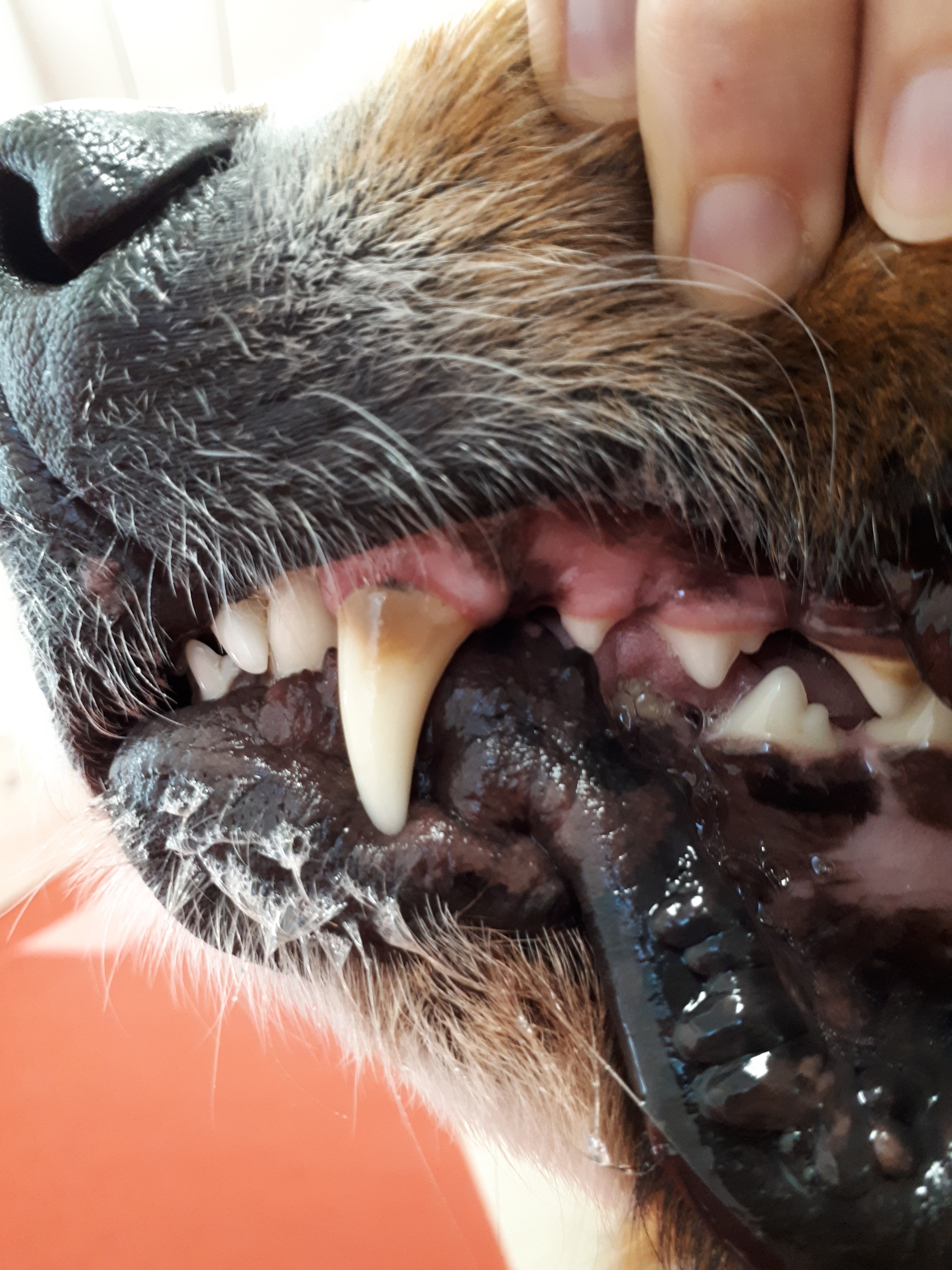Nutritional immunology is the study of the relationship between food and the immune system. It evolved with the study of immune deficiencies caused by malnutrition. However, due to technological advances over the past few decades, malnutrition is no longer the main cause of lowered immune status in otherwise healthy people/animals. Rather, life stage (neonate or old age) and natural stressors have taken over as the primary reasons for immune deficiency. Unlike malnutrition, immune deficiency due to life stage or natural stress cannot be addressed by correcting underlying nutritional problems. Lowered immune status because of life stage or naturally occurring stress is characterized by reduced capacity to process and present foreign antigens to immune cells, resulting in a less efficient or altered immune response that leads to increased susceptibility to infections and an increase in auto - immunity and cancers. Beyond providing essential nutrients, diet can actively influence the immune system. Over 65% of the immune cells in the body are present in the gut, making the gut the “largest immune organ.” Receptors present on the immune cells in the gut are the primary targets for immuno - modulation via diet. Diet interacts with the immune system at multiple levels, starting with providing basic nutrients, then moving on to providing higher levels of key nutrients such as protein, vitamins and minerals, and leading to a more focused modulation of the immune system. A framework outlining this interaction, along with relevant examples, will be presented in this paper.
 Purina: Your Pet, Our Passion
Purina: Your Pet, Our Passion




